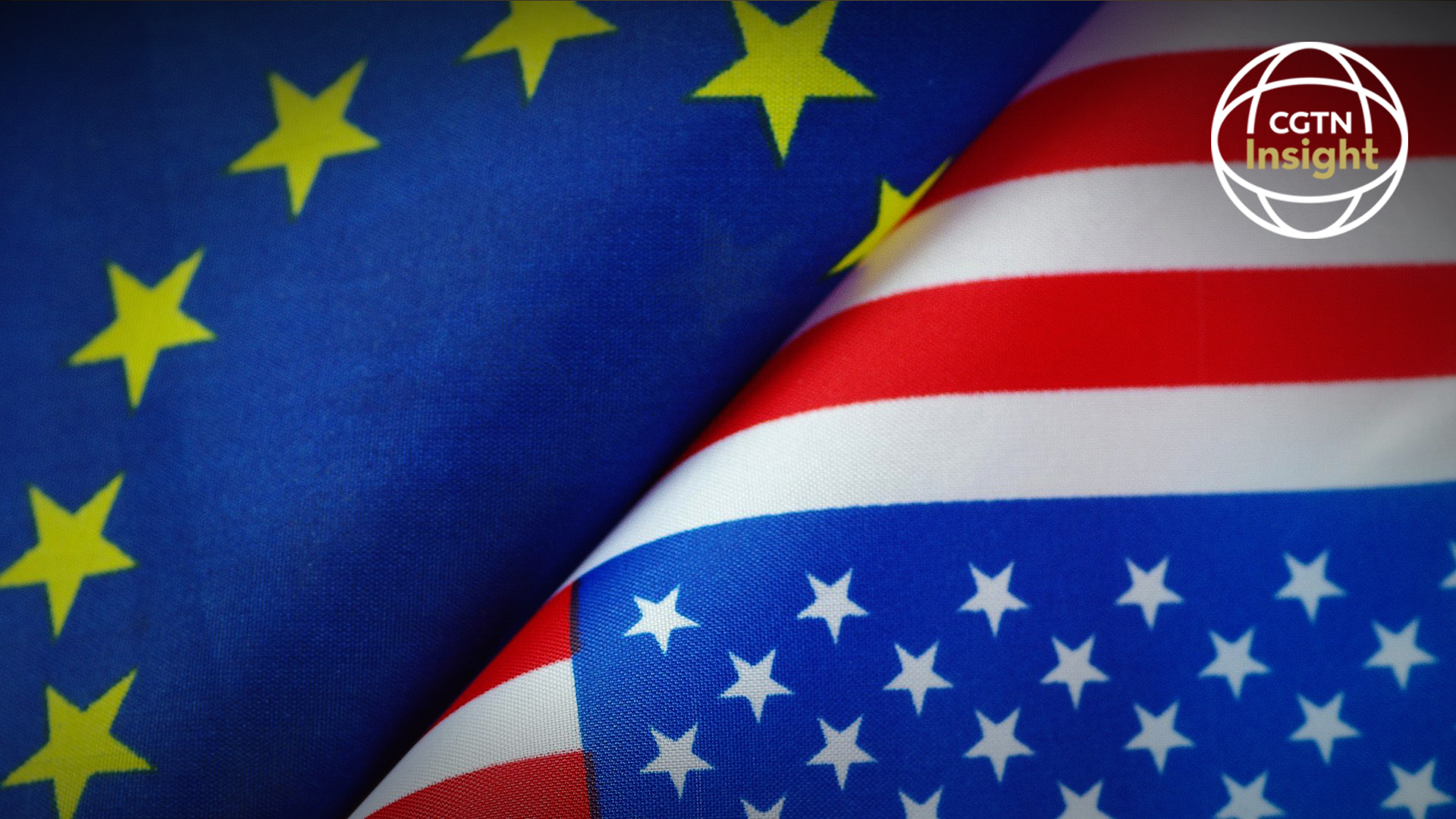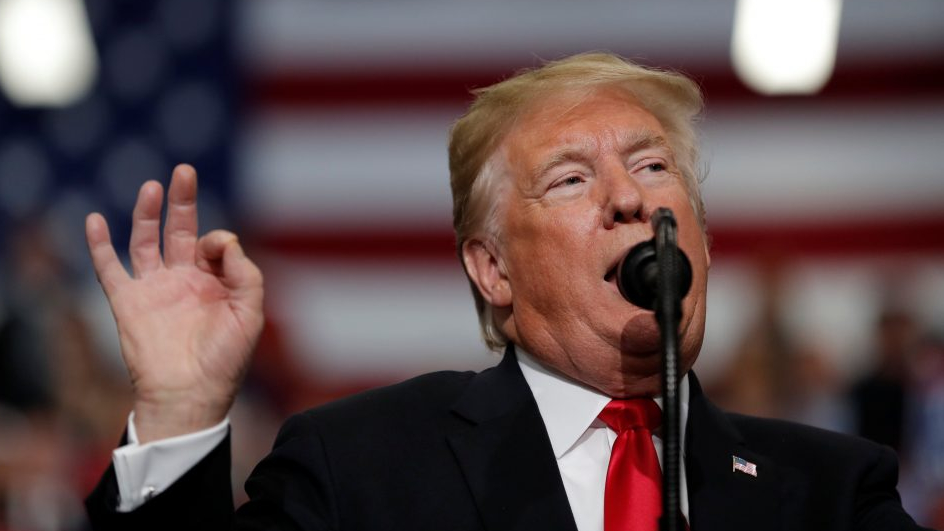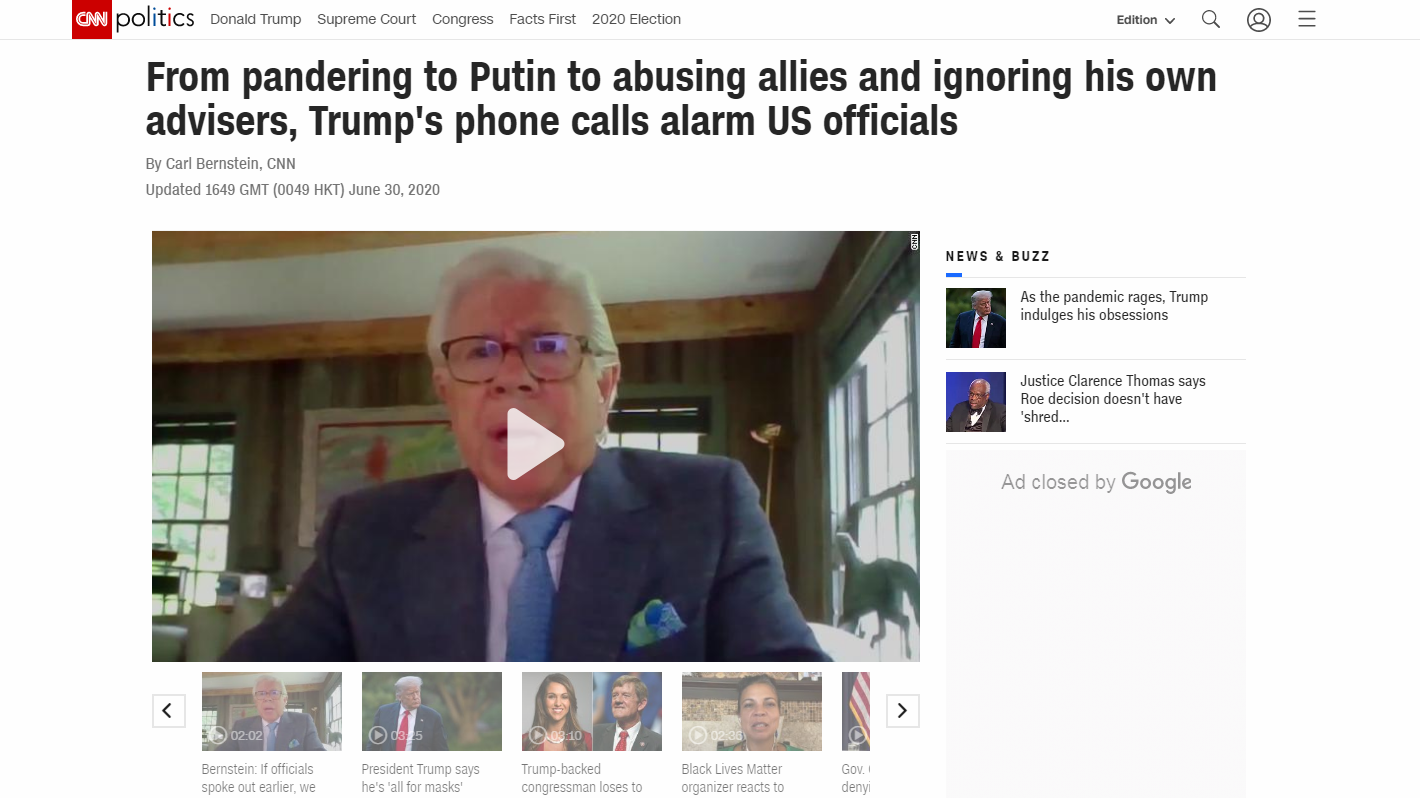
The European Union re-opened its borders to dozens of "safe countries" on July 1 after months of COVID-19 lockdown.
But interestingly, the United States – a decades-long ally with the 27-member bloc – is excluded from the "safe list." The ban on Americans, according to Brussels, is a result of Washington's failure to control the spread of the virus.
As Brussels has been dancing to Washington's tune on a slew of international issues since the Second World War, the EU decision on American travellers will undoubtedly lead to a rift. And Brussels has shown no intention of bending despite constant pressure from Washington.
This embodies a faltering Brussels-Washington alliance, and the U.S. has only itself to blame. A cursory look at Washington's response to its traditional allies during the pandemic exposes the reality of the relationship. When Europe was the epicenter in March, the bloc was counting on the U.S. for help. But Washington responded by closing its borders to most European countries.
And that's not all. The superpower has been repeatedly accused of "modern piracy" against the EU – confiscating medical equipment bound to Europe for its own use – after infections surged in the country. As the coronavirus swept across the world, the U.S. reportedly even offered a German bio firm "large sums of money" for exclusive rights to a possible coronavirus vaccine.
Blocking European travellers from the U.S. border, Washington should have prepared itself for a tit-for-tat response. Long before the pandemic, the Brussels-Washington alliance had shown signs of strain. The Trump administration's response to the pandemic has put the decades-long alliance on a ventilator.

U.S. President Donald Trump announced sweeping travel restrictions on Europe in a bid to combat the spread of the coronavirus. /Reuters
U.S. President Donald Trump announced sweeping travel restrictions on Europe in a bid to combat the spread of the coronavirus. /Reuters
The two allies read from the same sheet on almost all international issues – until Trump and his "America First" doctrine arrived.
Since assuming office, Trump has withdrawn his country from numerous international pacts – the Paris climate accord, the Iran nuclear deal, the Intermediate-Range Nuclear Forces Treaty, Open Skies Treaty, to name a few. Trump promised to "Make America Great Again," but his method has put the EU's interests at risk, and thus fundamentally shaken the basis of the Brussels-Washington alliance.
Trump's "abusive" words against allies have further infuriated European leaders. A recent CNN report authored by Carl Bernstein, famed for his role in exposing the Watergate scandal, detailed Trump's private interactions with other foreign leaders.
"The President regularly bullied and demeaned the leaders of America's principal allies, especially two women: telling Prime Minister Theresa May of the United Kingdom she was weak and lacked courage; and telling German Chancellor Angela Merkel that she was 'stupid'," CNN reported.
The capricious president, according to CNN sources, pursues goals more attuned to his own will and personal interests than the national interest. Re-election and revenge against political enemies top Trump's agenda, John Bolton revealed in a memoir of his days as national security adviser.
Under the leadership of a votes-driven president, the administration's sacrifice of allies for self-interest is not surprising. The EU's ban on American travelers was introduced for health concerns on the surface. But in essence, it is retaliation against the United States.

Screenshot of the CNN article.
Screenshot of the CNN article.
The EU-U.S. alliance has little chance of a quick recovery. With the clock ticking on November's presidential election, an intense political struggle has begun in the United States, and any foreign country, including allies, could be used as a tool in this political game.
In addition, even if Brussels is willing to bury the hatchet under economic and diplomatic pressure, the issue of high coronavirus case rates in the U.S. remains.
The "safe list," according to EU officials, is drafted on a mix of scientific criteria that includes a country's infection rate. The U.S. has little chance to make the cut in the short term. As reported by The New York Times, the benchmark is the EU's average number of new infections over the past two weeks – 16 per 100,000 people. The comparable number for the U.S. is 107. That's more than six times the rate of the EU.
Worse still, U.S. President Donald Trump has repeatedly attributed the country's rising number of infections to increased testing. Such irresponsible leadership tremendously diminishes the chances of a rapid recovery, and thus Americans' chances of entry to Europe.
To solve the current conundrum, Washington's attitude is the key. Without it shouldering responsibility for allies and strong actions to curb its rising number of infections, the EU-U.S. alliance is likely to remain in a perilous state.
(If you want to contribute and have specific expertise, please contact us at opinions@cgtn.com.)